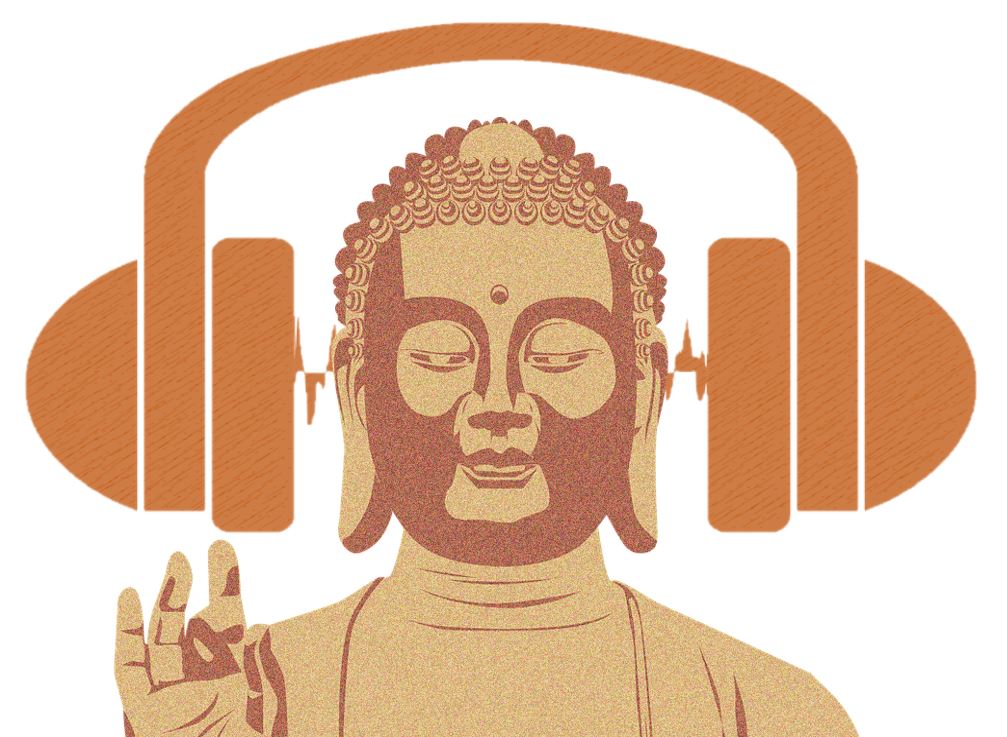
“Right” View is considered the North Star of practice. It can guide the mind, and mobilizes our attention and effort, in nourishing, enriching and healing directions. It is the first condition in the chain of causation that leads to deep peace and satisfaction. But the Historical Buddha also insisted in multiple discourses that there is “Wrong” view. It points our mind and heart in a different direction – into confusion, dissatisfaction and suffering.
During this evening we will explore the meaning and differences between these two contrasting aspects of practice. Dennis, SIM’s Founding Teacher, will illustration the real-life value and power of Right View in the context of dealing with the aging and disability of a member of his family and his recent experience of being hospitalized after a major accident involving fractures to his back and ribs.
This subject is appropriate for all stages of practice. You can attend in person or by ZOOM. Dennis will be presenting in person and encourages you to be there in person as well.
